What would a food and beverage wise nut never order at a gourmet restaurant? If their arguments convince you, simply follow suit
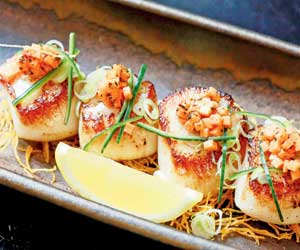
Ever ordered a delicious-sounding dish on the menu, only to regret it? You aren't alone. Experts in hospitality have also experienced the let down and emerged wiser. Here, they tell us what food they would never order at a gourmet restaurant, and why.
ADVERTISEMENT
Scallops
Why: If not thawed well, they can lead to food poisoning.
Says: Rachel Goenka, founder and CEO of The Chocolate Spoon Company
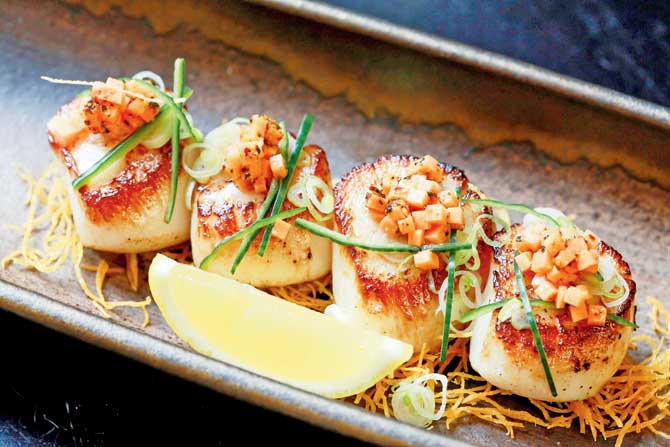
More often than not, scallops at restaurants across the city are frozen. If not thawed properly, they could lead to bad bout of food poisoning. Also, be wary of imitation scallops. The meatier cuts of fish like shark and skate are cut using a cookie cutter to give the impression of a scallop. The problem is with storage and thawing. Since they are sensitive molluscs, they can get easily contaminated. The same goes for mussels.

I've heard enough horror stories to put me off ordering them. To satisfy my cravings, I buy fresh scallops and cook
them myself.
Cheap Wine
Why: Restaurants police the bottle with the lowest cost price as the second or third cheapest.
Says: Amrita Raichand, cookery host on TV
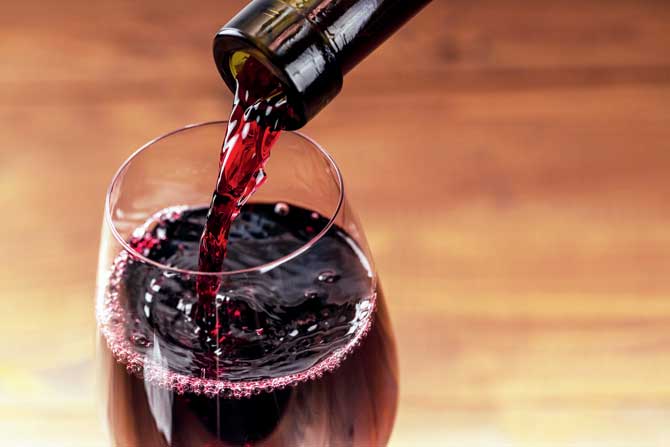
Never order the second or third least expensive bottle of wine from the list. Most restaurants have figured out that customers usually order something that's not the cheapest. They deliberately police the bottle that has the lowest cost price as the second or third cheapest on the menu.2

With wine, always take the help or a wine waiter or stick to wine labels or grape varieties that you have enjoyed in the past.
Cake
Why: Flour content makes it susceptible to dryness.
Says: Ajay Thakur, executive chef at Henpecked

The shelf life of a cake depends on a variety of factors, such as the sell by date, the preparation method and how the cake was stored. Because of its relatively low cost and high calorie density, cake is one of the most popular celebration desserts. But it's also easy to go wrong with. Use your senses to tell if the cake is as fresh as presumed.
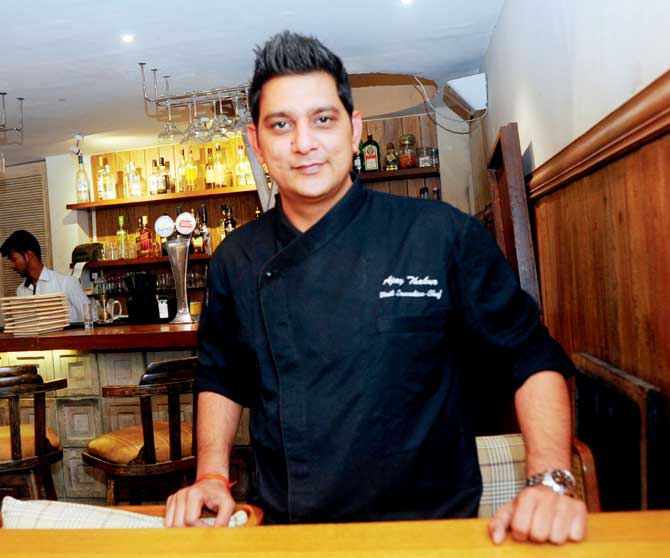
Hard or dry texture means it has been stored over time. In general, a dish lasts only as long as the quickest expiring ingredient in the recipe can last. Flour in cakes and pastries tend to leave them dry once they come in contact with air.
Gourmet Burger
Why: It's not what they say it is.
Says: Jerson Fernandes, executive chef, Hotel Sea Princess
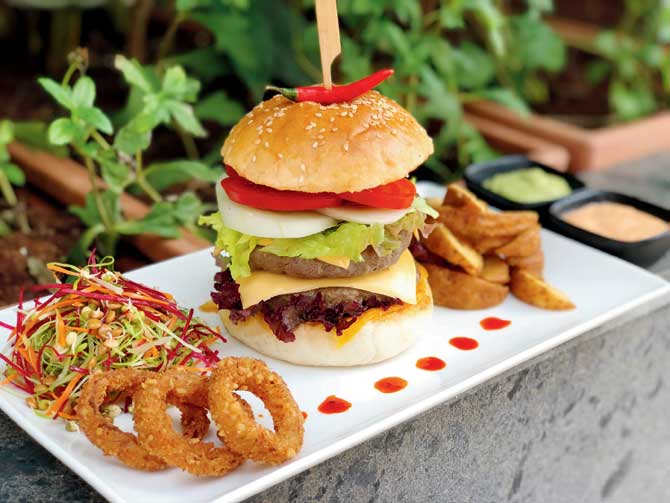
My job requires that I visit at least one gourmet restaurant a week to check out the trending items. Experience tells me that it's best not to order a gourmet burger. I have been disappointed on many occasions. The description of the burger on the menu differs from what actually comes to the table.
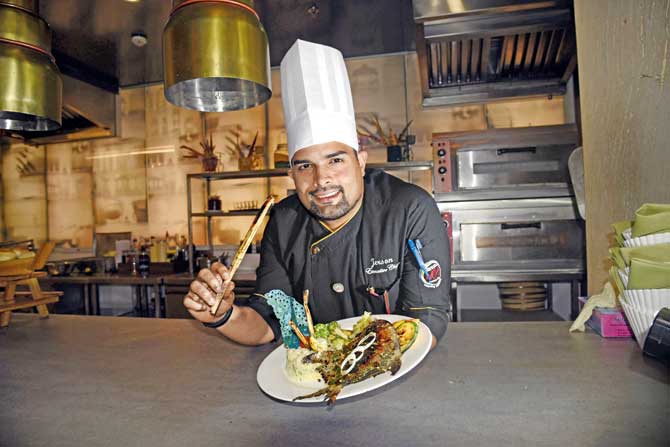
The description could boast of prime cuts of meat and gourmet ingredients and accompaniments. The use of cheaper and inferior quality ingredients, adulterants and artificial flavours in products is resorted in order to cut cost and cover up for expenses.
Oysters
Why: Dead oysters are a sign of poor quality.
Says: Gopi Nandakumar, executive chef, Hyatt Regency
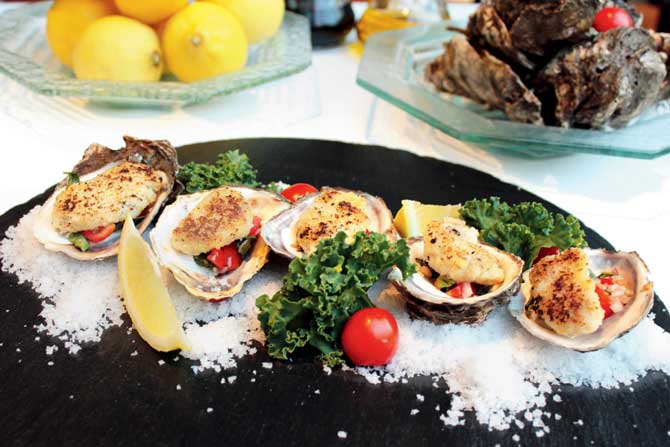
Due to the unavailability of fresh oysters, you aren't quite sure how fresh the oysters at Mumbai restaurants are. The traditional way to consume oysters is when they are alive. Or they should be cracked open in front of the guest. Don't consume oysters that come to the table cracked open. Dead oysters are a sign of poor quality. Oyster dishes begin to taste unpleasant when they are aged.
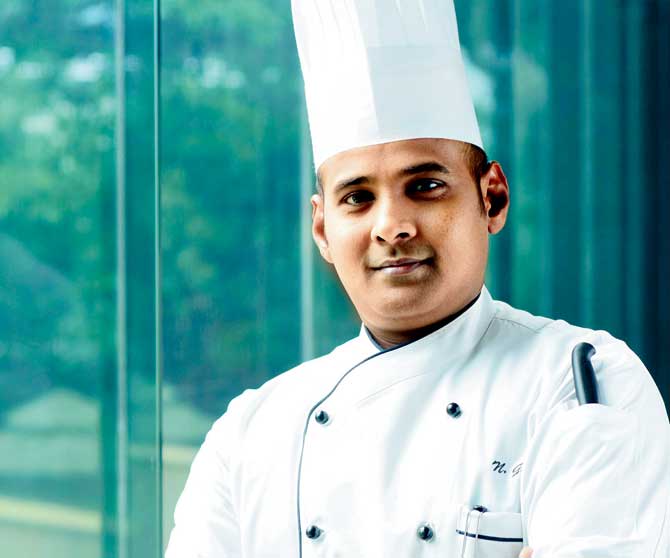
Therefore, most restaurants go wrong when the best quality is not procured and/or not stored at the correct temperature (1 to 4 degrees Celsius out of water and not frozen).
 Subscribe today by clicking the link and stay updated with the latest news!" Click here!
Subscribe today by clicking the link and stay updated with the latest news!" Click here!






